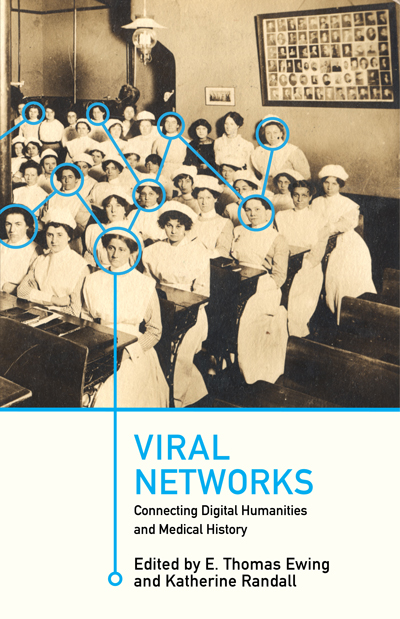QBARS - v19n1 Seed Exchange 1965
Seed Exchange 1965
Mrs. Robert Berry, Aberdeen, Wash.
This year we will make some alterations in our program. We have decided to have the list printed separately and mailed out with the membership list, sometime in late January or early February.
The seed list was included in the bulletin last year to save the cost of a separate mailing. Although the bulletin was delayed somewhat, a considerable amount of seed came in too late to be included. Consequently a supplementary list was included with each order and the seed distributed this way. This method involved considerable duplication of effort and wasn't really satisfactory in other ways. By printing the list at this later date, we should be able to include all contributions.
The list this year will be divided into two parts; part one will contain kinds of which we have a reasonably adequate supply. Members may order as many kinds as they wish from this list but only one packet of each kind. Open pollinated seed on this list will be 25 cents per packet, hand pollinated seed will be 50 cents. Part two will contain choice seed which we have in very limited supply, sometimes only a single packet; the number of packets which an applicant may receive from this list will be limited. Since we have not yet received all the seed, it is not possible to say precisely what that limitation will be. Contributors will again he given first choice before the general distribution begins, provided their contribution and order are in before that date.
It is always advisable to list alternative choices when ordering seed for the supplies are limited and there is a further advantage in that it is sometimes possible to include one of these second choices as a bonus packet, if we should have an extra supply.
Our seed list this year will contain several kinds not offered last year, some very choice things. We have a generous supply of R. schlippenbachii , Birch form, from Edward Birch, Short Hills, New Jersey. Mr. Birch writes that he received the original seed from the far east in 1928 and that plants of this seed are now above 15 feet with trunks 8 in. in diameter. Mrs. John Knippenberg of Wayne, New Jersey has sent seed from the award forms of R. makinoi and R. metternichii . R. prunifolium seed came from Dr. Ernest Yelton, Rutherfordton, North Carolina. Warren Berg of Kent, Wash. has sent R. glaucophyllum var. luteiflorum . R. calophytum has been sent in by both Pat Cummins of Enumclaw, Wash., and Mrs. Hugo Schlaikjer, Halesite, N. Y. We had hand-pollinated seed of the much coveted R. hemsleyanum in the Portland Test Garden and we hear that we may expect some R. yakushimanum from some of the Portland growers. We shall also have some interesting crosses from Roy Clarke, Washington plant breeder, from Barbara Adler of Sacramento, Cal., and Bill Fetterhoff of Gibsonia, Pa. The Australian Rhododendron Society has sent seed of some of the tender Maddeni series.
Unfortunately however it appears that the supply of seed will again be inadequate. On the west coast a heavy spring frost was so damaging that some of the early species set no seed and, worse still, many hand pollinated blossoms were also ruined. Many members are uncertain of the quality of their plants and hesitate, quite properly, to contribute seed.
The primary difficulty however lies in the fact that those who have plants which could provide the seed we need are, naturally, much less interested in the program, than those who wish to acquire the, seed. Some chapters which have excellent resources within their membership have made only token contributions to the seed exchange, although the number of requests for seed from their members indicates a very active interest. Still others feel that inexpensive seed will result in a flood of cheap seedlings being dumped on the market-it doesn't seem likely that 25 or 30 seed could be of much commercial significance. There is a further complication in chapters which have previously had their own seed exchange and are now reluctant to divert their resources to the national program. This is surely a narrow view for the benefits of a national program cannot function if the chapter's seed is dissipated at the local level.
We have need of a more energetic spirit of cooperation and an increasing awareness of each chapter's responsibility to make an effort, within it's limitations, commensurate with the needs of its own members.
This year it is our intention to acknowledge receipt of all seeds with a note of appreciation to the contribution, which is only good manners and which he or she certainly deserves. However we are in such a flurry of Christmas cards and steamed puddings and glass balls and all the gay goings on of the holiday season, that it would be very surprising if nothing goes awry. Please forgive us if there should be an oversight or if someone should receive a note written to Aunt Sarah.
An unexpected bonus that has come from working on this program, has been the friendly, personal notes that have come in from all parts of the country. We have enjoyed these and appreciate any suggestion for improving our service-if it doesn't involve a comparable increase in labor.

